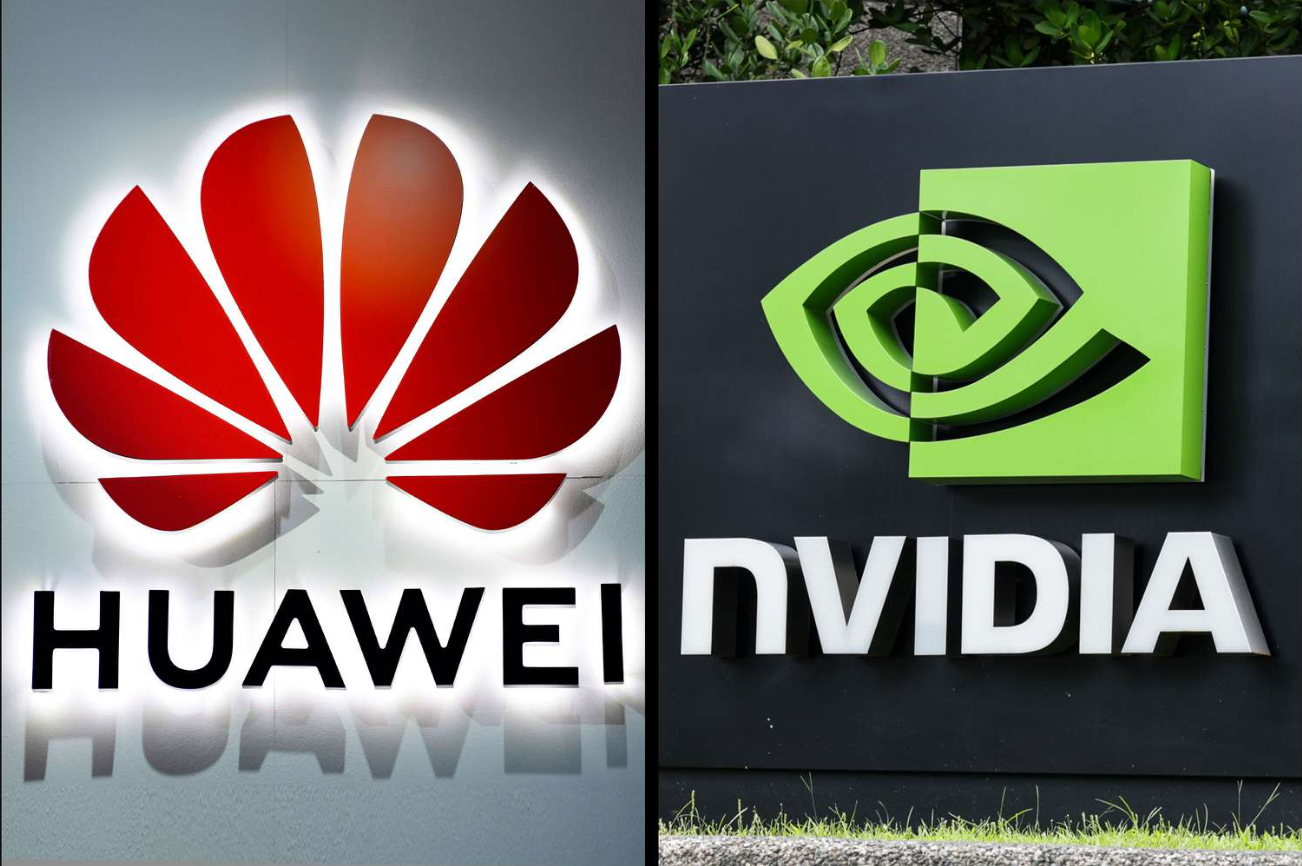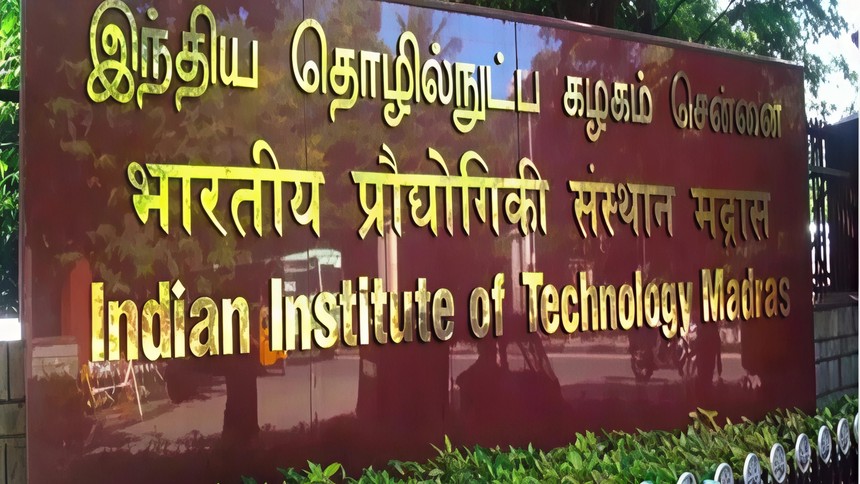Huawei has officially entered the heavyweight arena of AI computing with the public debut of its CloudMatrix 384 system at the World Artificial Intelligence Conference in Shanghai. The system, a massive leap in hardware ambition, is being closely watched by global industry analysts as a potential rival to Nvidia’s GB200 NVL72, which currently dominates the AI computing space.

Developed using 384 of Huawei’s cutting-edge 910C chips, the CloudMatrix 384 promises blistering performance at a system level. While each individual chip may not outperform Nvidia’s B200 units in isolation, experts suggest Huawei’s supernode architecture and sheer scale of integration allow the system to match or exceed Nvidia’s benchmark on several fronts. The system reportedly benefits from superior interconnectivity and data throughput, allowing for more cohesive parallel processing at high speeds.
Dylan Patel, founder of the research group SemiAnalysis, has gone as far as to claim that Huawei now has system capabilities that can rival and in some cases beat Nvidia. He highlighted the smart system design that offsets any chip-level shortfall with architectural innovation.
This launch comes at a time when Huawei is positioning itself as the country’s most promising domestic AI hardware supplier. Despite ongoing restrictions from the United States, the company has continued its steady progress in AI chip development and high-performance computing. The unveiling of CloudMatrix 384 reinforces Huawei’s long-term vision of becoming a serious global player in AI infrastructure.
Interestingly, the company has kept details under wraps. At the conference, Huawei staff avoided direct questions about the system, and official spokespeople provided no further comments. However, its presence alone was enough to generate buzz. According to reports, the CloudMatrix 384 is already operational within Huawei’s cloud platform and has been designed to power high-load enterprise AI workloads, making it a core part of the company’s growing ecosystem.
Nvidia’s CEO Jensen Huang has also acknowledged Huawei’s rapid progress in recent interviews, citing CloudMatrix as an example of how fast the Chinese tech firm is evolving. While the full performance benchmarks are yet to be disclosed, the tech world is watching closely to see how this new system performs in real-world applications.
Huawei’s leap into AI system supremacy signals a major shift in the global balance of AI hardware power. With China doubling down on domestic innovation and companies like Huawei stepping up, the competition in the AI hardware race is about to get far more intense.
Follow Tech Moves on Instagram and Facebook for more updates, deep dives, and future-of-tech stories shaping tomorrow.















